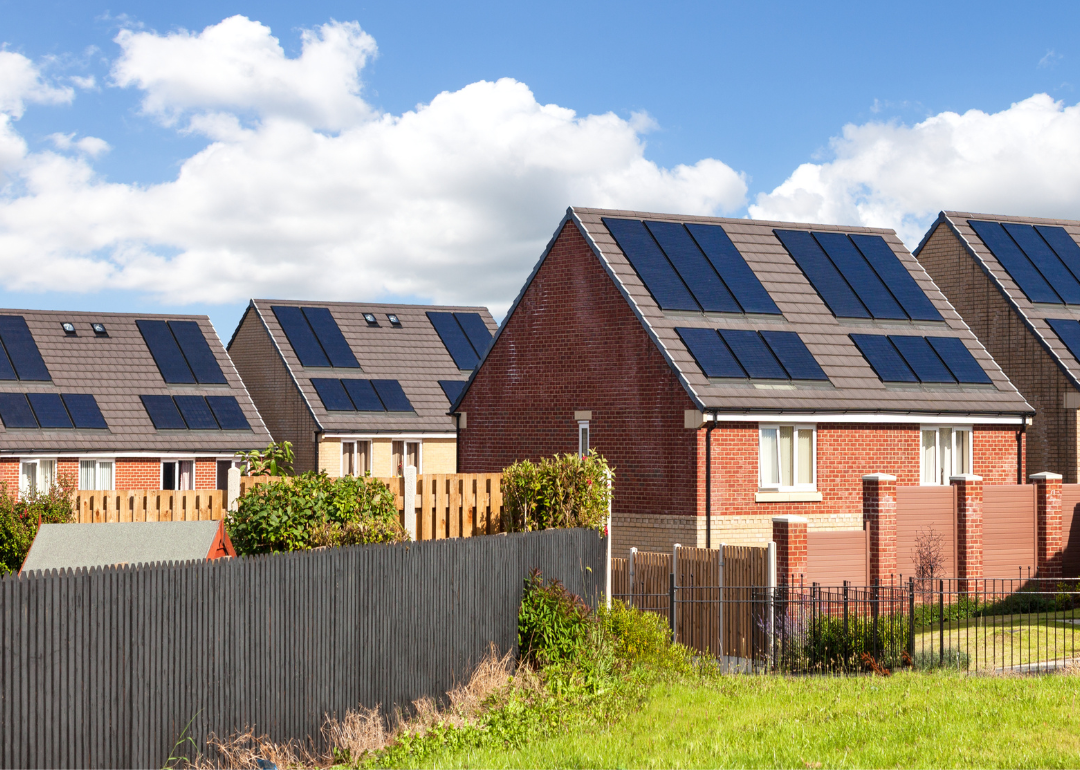
How homeowners in 15 major metros are investing in energy efficiency
This story originally appeared on Belong and was produced and distributed in partnership with Stacker Studio.
How homeowners in 15 major metros are investing in energy efficiency
Homeownership and renovations often go hand in hand. Even if you choose a move-in ready, recently updated home, the time will come that you need to make an update—either to fix an urgent problem or to tweak your space to be more to your liking.
Energy efficiency is a growing reason for renovations: A 2020 survey, released in 2021, found that more than 70% of U.S. homebuyers want at least one key energy-efficiency feature, such as Energy Star-rated windows or appliances, efficient lightbulbs, and triple-pane insulating windows.
In line with that trend, the Census Bureau's 2021 American Housing Survey found that among respondents nationwide, 27.5% of their home improvements were made to increase energy efficiency—the most common reason, followed by increasing accessibility for the elderly or disabled and preparing a home for sale. In this survey, homeowners were asked if they had done any home remodeling or major improvements, excluding cosmetic updates like painting. Energy efficiency upgrades are efforts made by homeowners to reduce their energy consumption or energy loss, such as replacing appliances or adding insulation.
Belong broke down the data from the survey by focusing on 15 major metropolitan areas to discover how homeowners across the nation are investing in energy efficiency. Metropolitan areas were ranked by the share of renovated homes that were upgraded for energy efficiency over the previous two years. Each metropolitan area includes the main city as well as its surrounding towns and suburbs.
Of the 15 metropolitan areas on this list, the ones where homeowners made the largest share of energy-efficient improvements are located on the coasts, often in areas that are already facing the effects of climate change. Many states like Massachusetts and California also offer incentives and rebates to homeowners who make energy-efficient upgrades.
Of course, energy-efficient upgrades likely look different in various parts of the country. Homeowners in colder areas like Boston or Philadelphia might save money on the heating bill by improving their home's insulation, while residents of sunnier cities like Phoenix or Los Angeles might choose to invest in solar panels.
Read on to discover just how many homeowners in each major metropolitan area are investing in their home's energy efficiency.
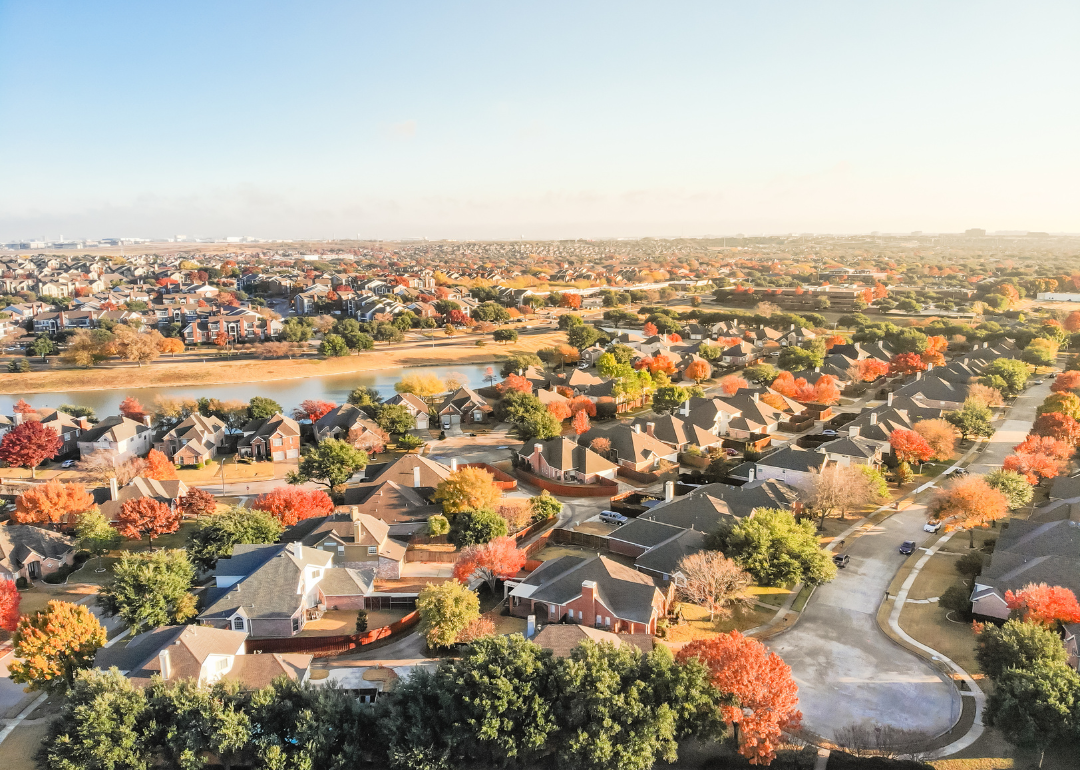
#15. Dallas
- Total home improvement projects over the last two years: 1.1M
- Share of energy-efficient improvement projects: 18.5%
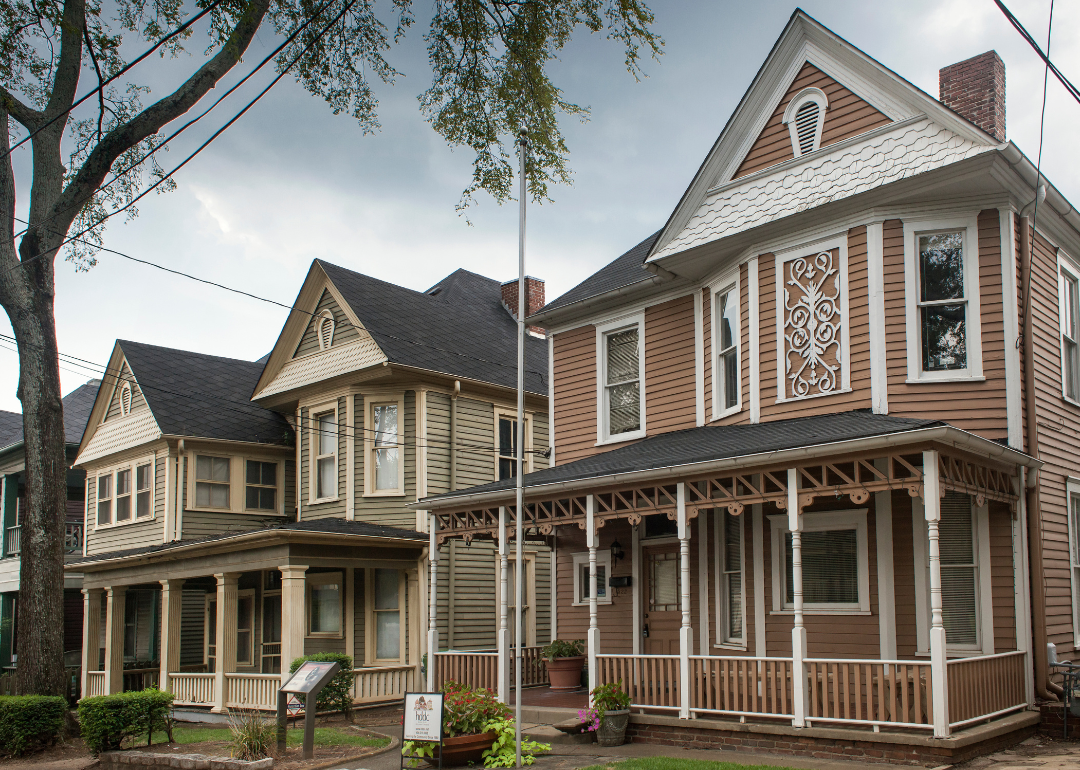
#14. Atlanta
- Total home improvement projects over the last two years: 812.2K
- Share of energy-efficient improvement projects: 21.8%
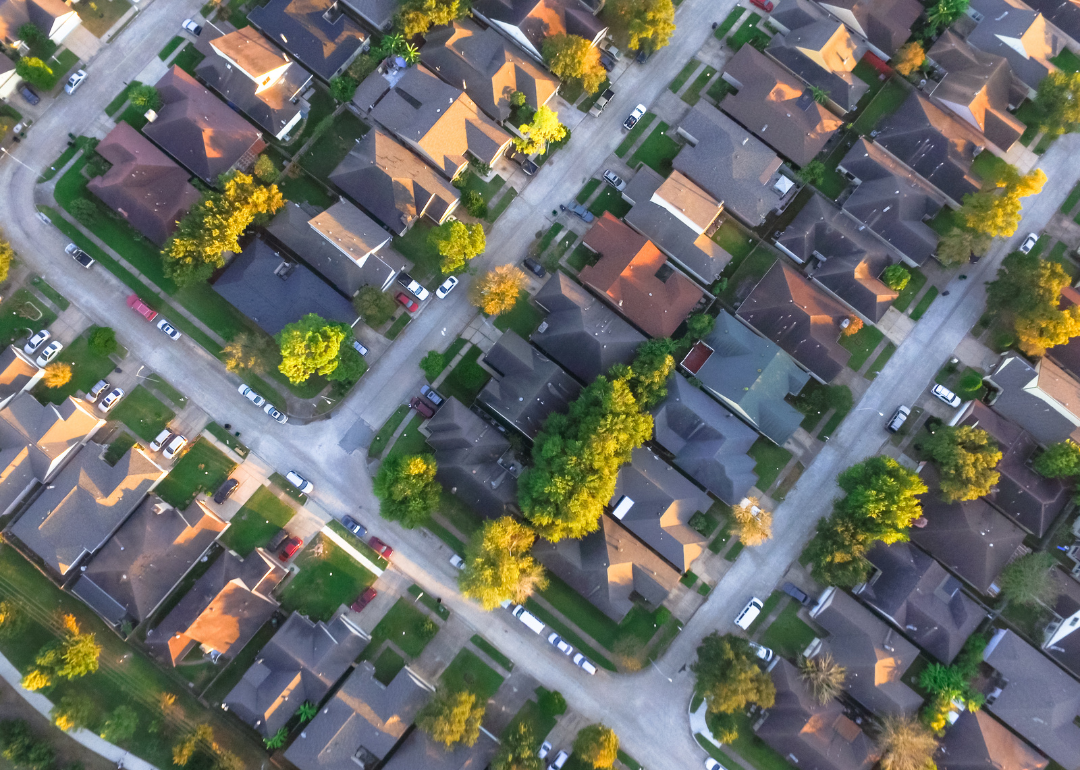
#13. Houston
- Total home improvement projects over the last two years: 922.4K
- Share of energy-efficient improvement projects: 23.4%

#12. Seattle
- Total home improvement projects over the last two years: 564.2K
- Share of energy-efficient improvement projects: 25.4%
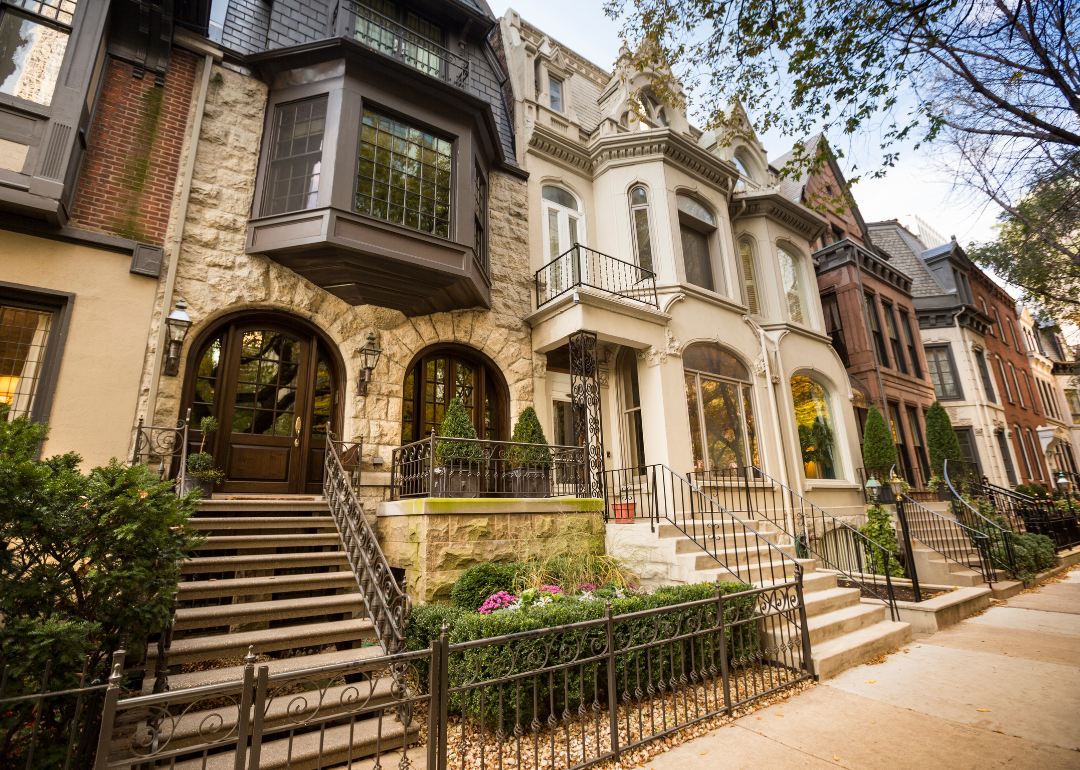
#11. Chicago
- Total home improvement projects over the last two years: 1.4M
- Share of energy-efficient improvement projects: 28.0%
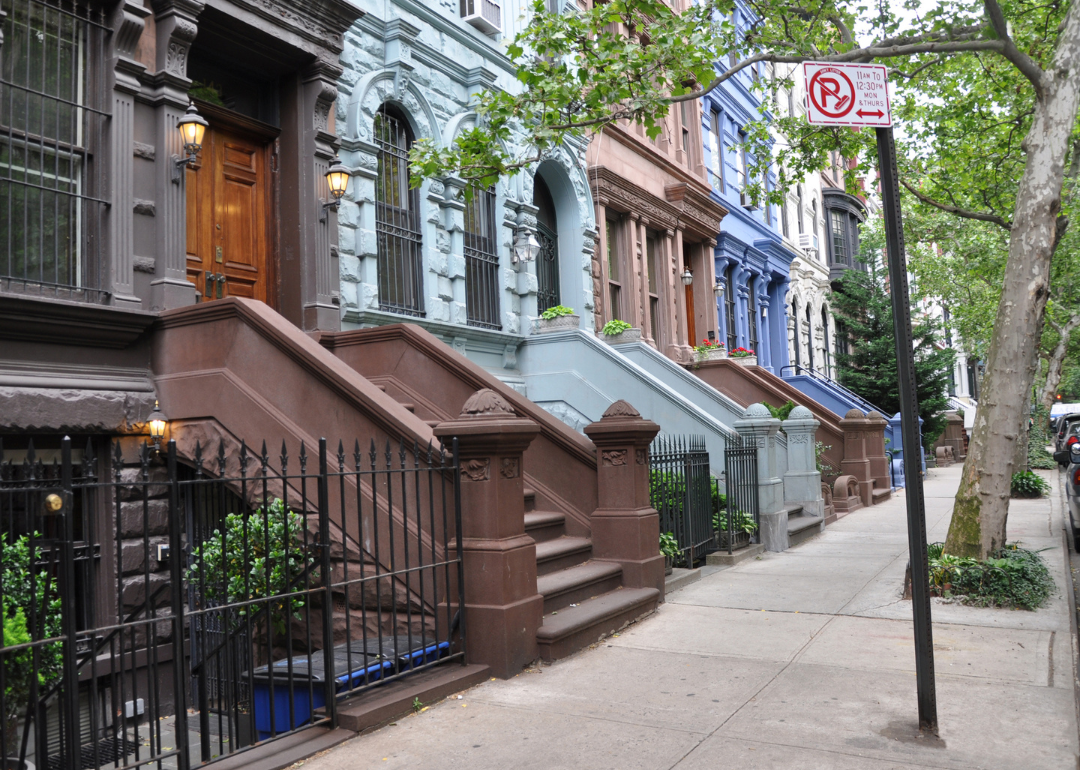
#10. New York City
- Total home improvement projects over the last two years: 2.0M
- Share of energy-efficient improvement projects: 28.8%
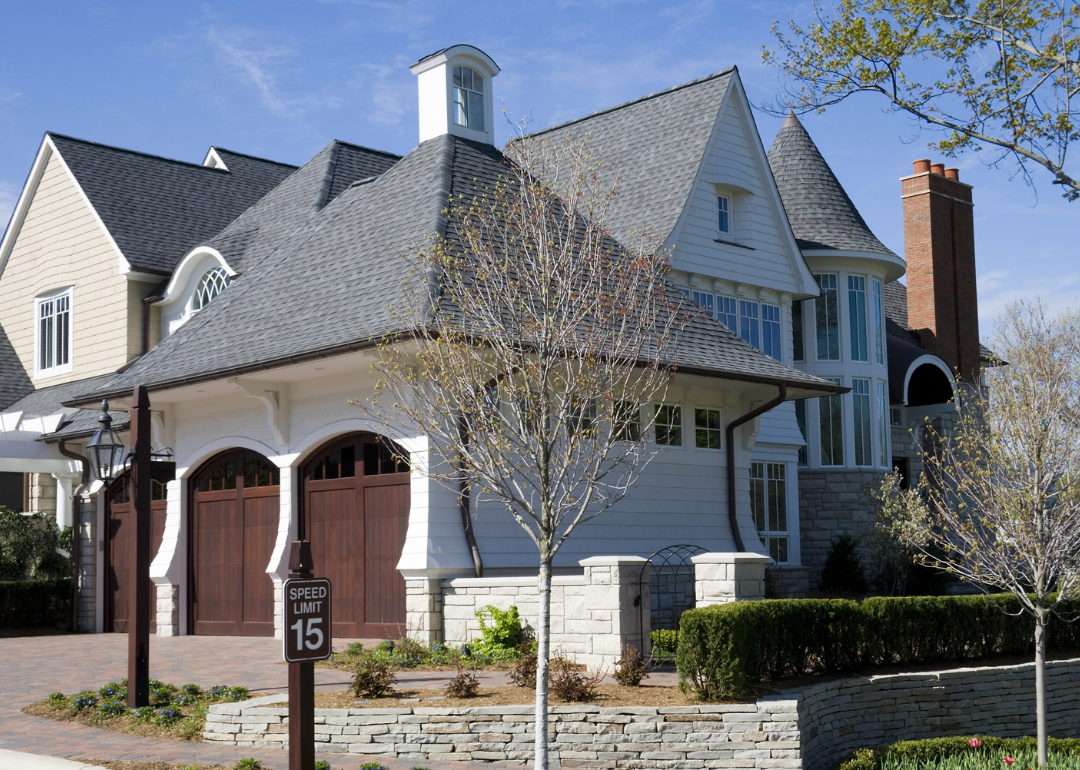
#9. Detroit
- Total home improvement projects over the last two years: 749.0K
- Share of energy-efficient improvement projects: 29.3%
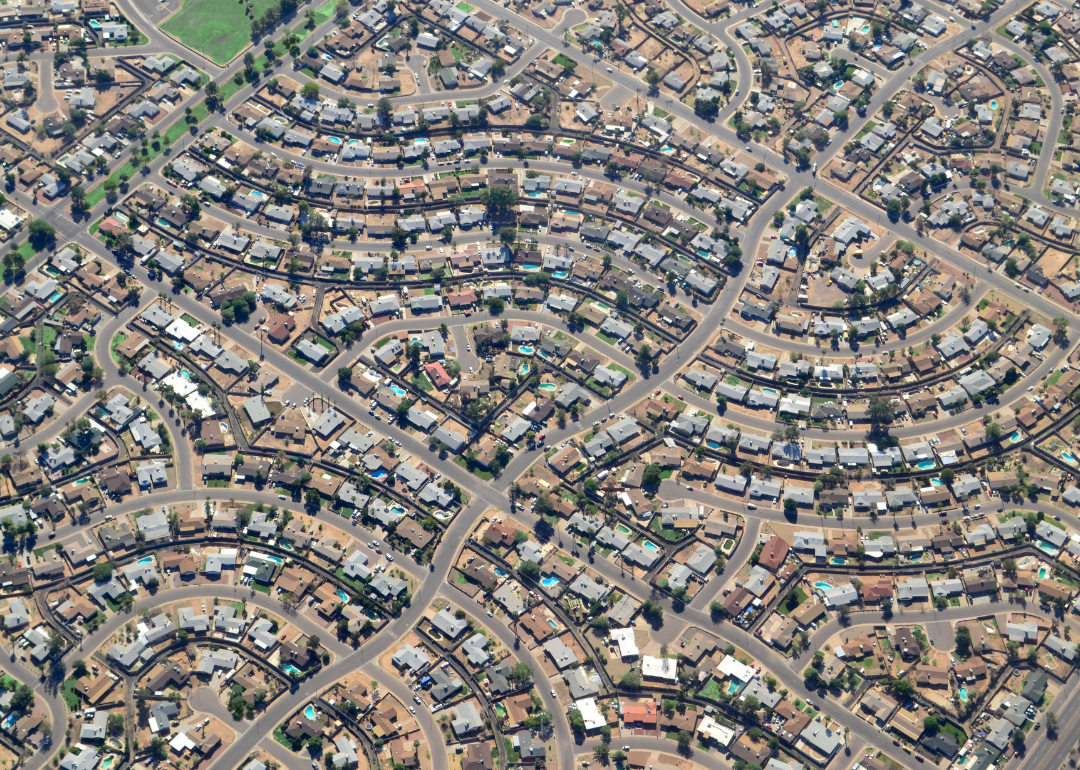
#8. Phoenix
- Total home improvement projects over the last two years: 781.4K
- Share of energy-efficient improvement projects: 30.1%
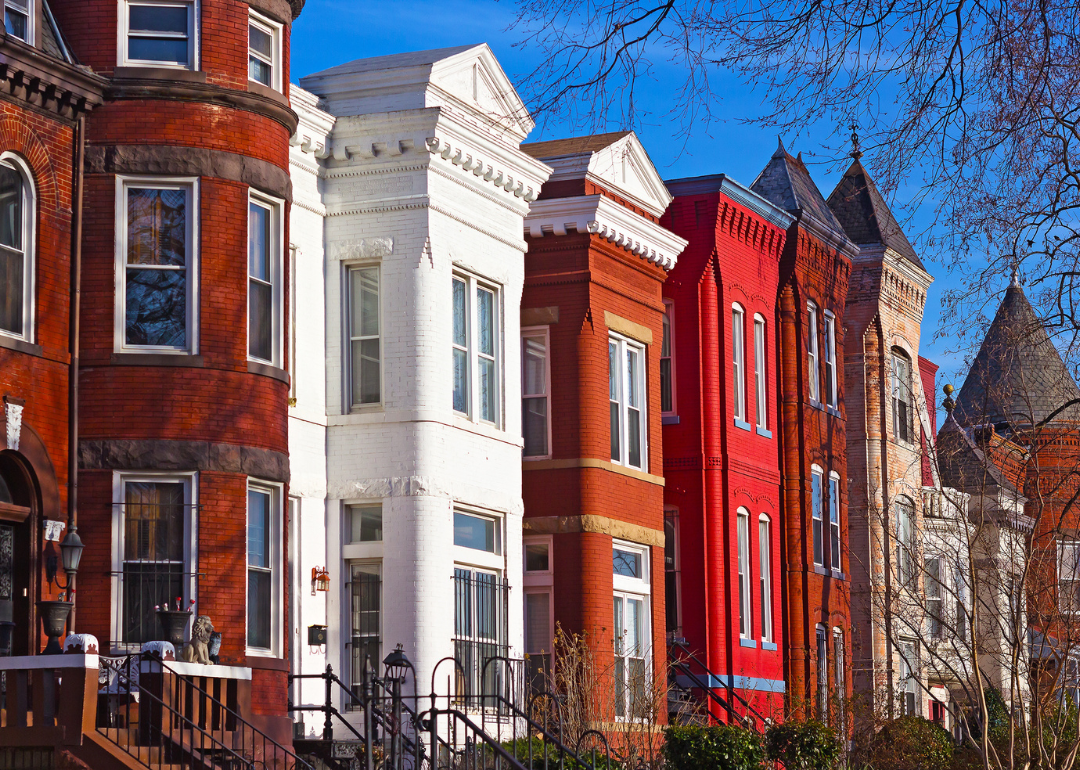
#7. Washington D.C.
- Total home improvement projects over the last two years: 948.8K
- Share of energy-efficient improvement projects: 30.1%
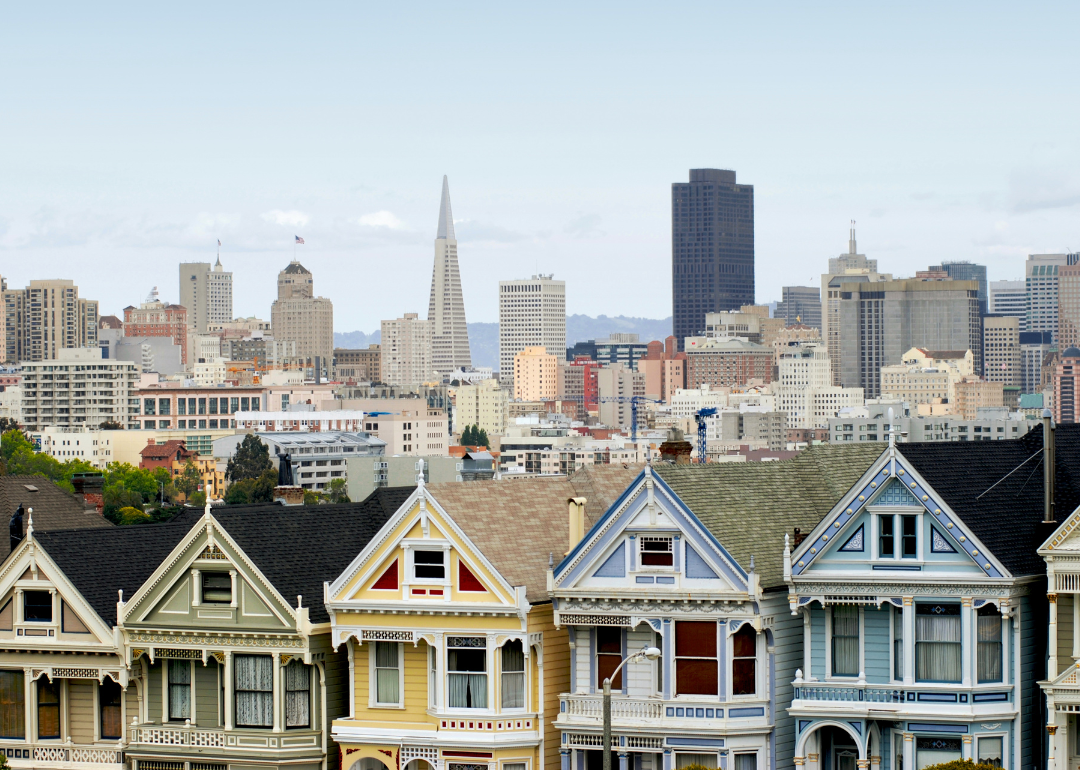
#6. San Francisco
- Total home improvement projects over the last two years: 557.2K
- Share of energy-efficient improvement projects: 30.8%
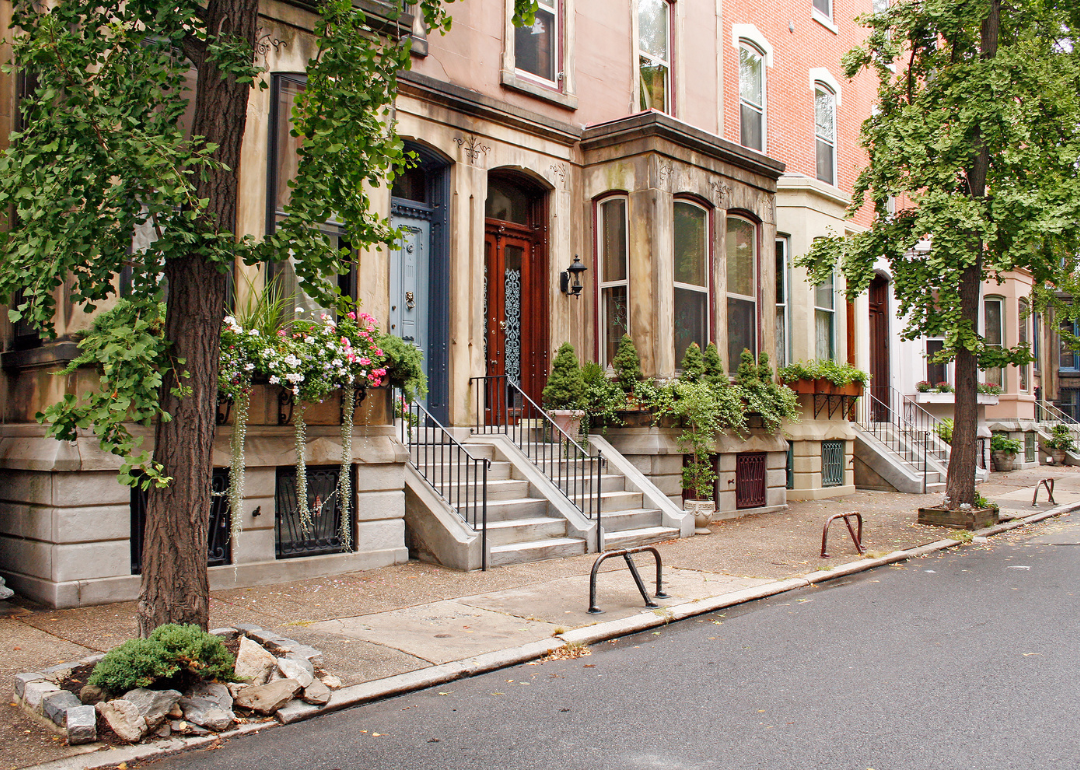
#5. Philadelphia
- Total home improvement projects over the last two years: 1.0M
- Share of energy-efficient improvement projects: 31.9%
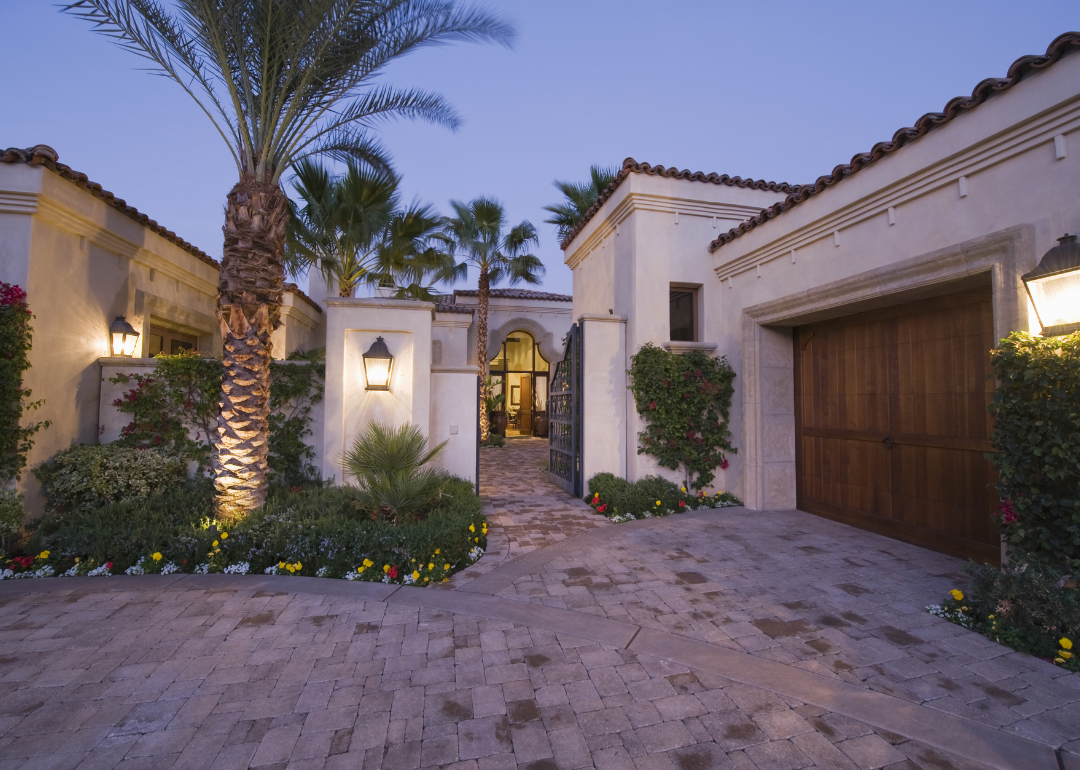
#4. Riverside, California
- Total home improvement projects over the last two years: 558.8K
- Share of energy-efficient improvement projects: 32.4%
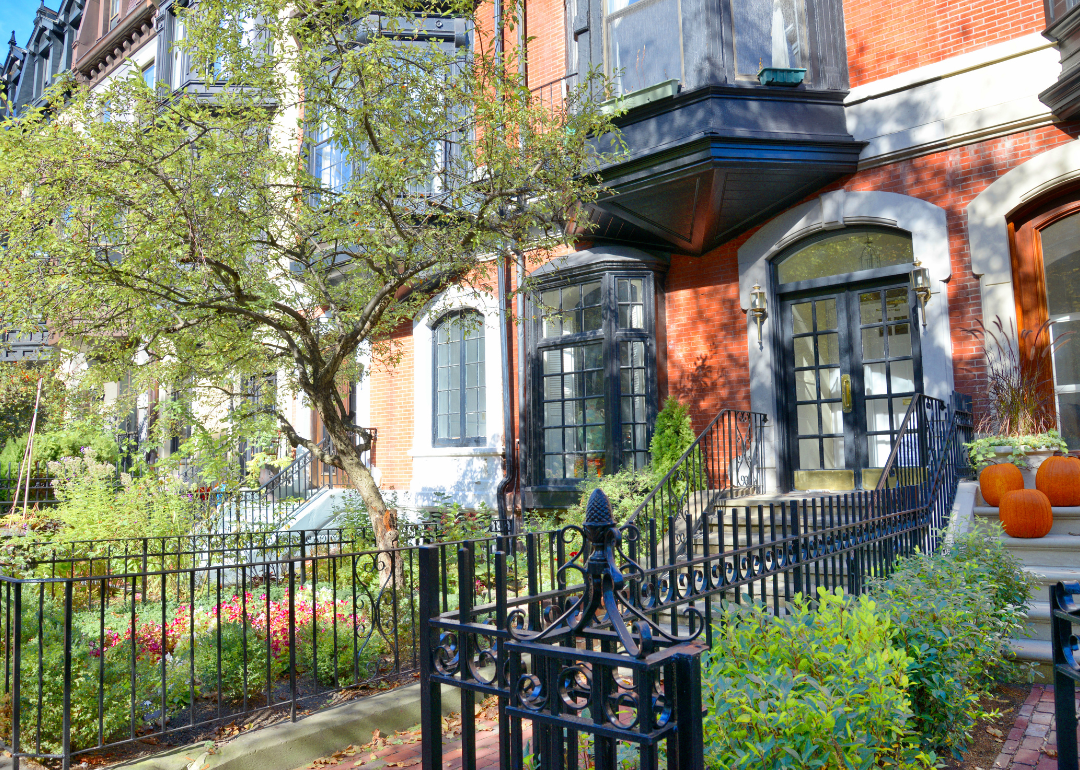
#3. Boston
- Total home improvement projects over the last two years: 695.6K
- Share of energy-efficient improvement projects: 32.9%

#2. Los Angeles
- Total home improvement projects over the last two years: 1.0M
- Share of energy-efficient improvement projects: 36.2%
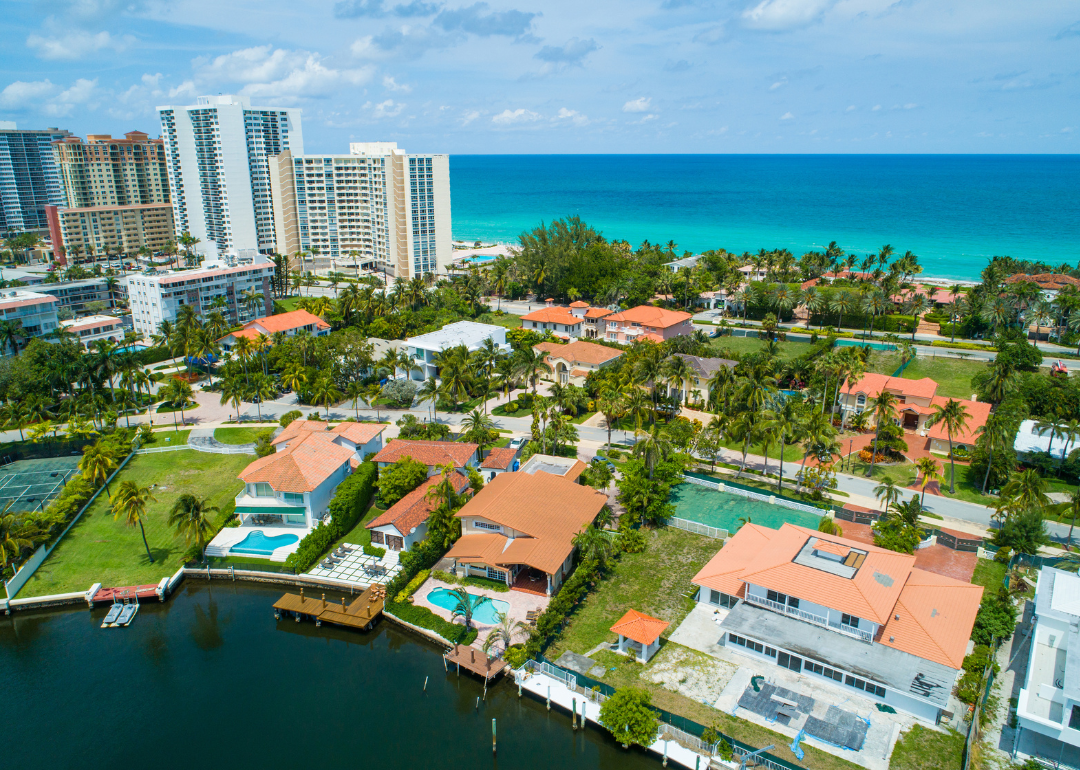
#1. Miami
- Total home improvement projects over the last two years: 556.8K
- Share of energy-efficient improvement projects: 42.2%



